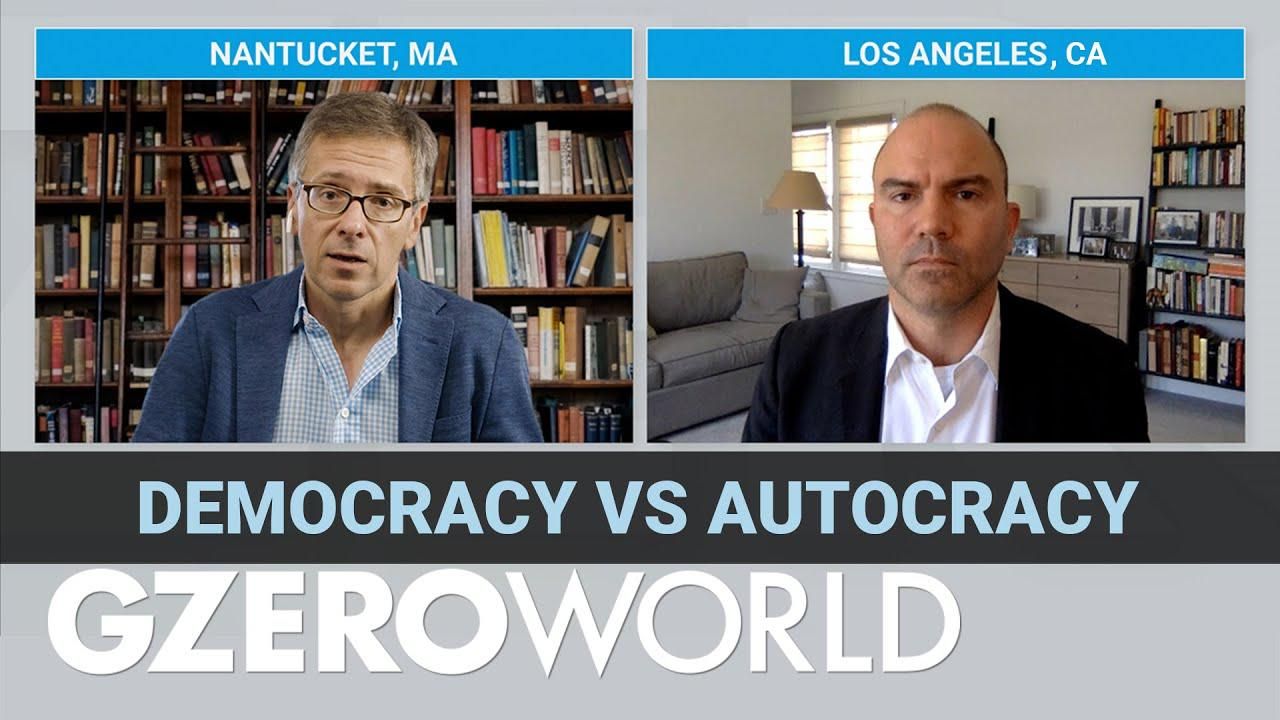Ben Rhodes: US can't say it defends democracy and then cozy up to Saudis, Egypt
July 14, 2021

Ben Rhodes: US Can’t Say It Defends Democracy and Then Cozy Up to Saudis, Egypt | GZERO World
For former Deputy National Security Adviser Ben Rhodes, if America wants to be taken seriously on promoting democracy abroad, it's time to walk the talk on standing up to autocrats. That means America "cannot have the relationship that we have with a Saudi Arabia or Egypt, period." Catch his interview with Ian Bremmer on the upcoming episode of GZERO World. Check local listings for US public television.
From Your Site Articles
- US election seen from Egypt: Only the tone will change - GZERO ... ›
- The Graphic Truth: COVID hurts democracy, no matter response ... ›
- Authoritarianism's appeal when democracy disappoints - GZERO ... ›
- What We're Watching: Saudi olive branch for Biden, US-China call ... ›
- One last shot at the Saudi crown prince? - GZERO Media ›
- Ben Rhodes: the US should build a coalition to help Haiti’s political turmoil - GZERO Media ›
- The US can advance democracy without being the world's sheriff ›